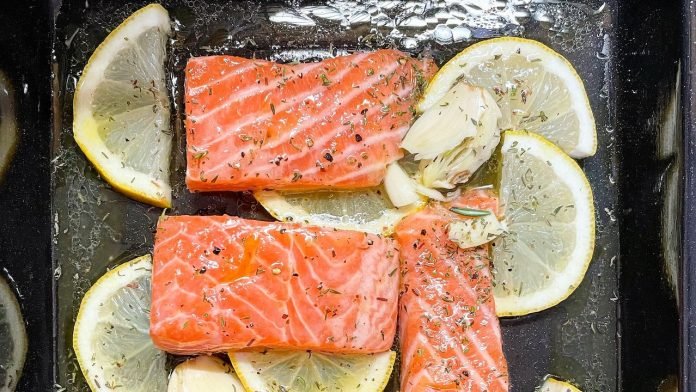
The foods you eat can affect your blood pressure, both positively and negatively.
Foods that are high in salt, sugar, and saturated or trans fats can increase blood pressure and damage your heart health.
By limiting these foods and replacing them with healthy options, you can keep your blood pressure at a healthy level.
Here are 12 foods that may help you lower blood pressure naturally”
Beans and lentils. A daily cup of peas, lentils, garbanzo beans, or beans can keep your blood pressure in check and even lower it. Legumes and beans are big on fiber and can help ward off coronary heart disease, too.
Berries. Berries, especially blueberries, are rich in natural compounds called flavonoids. One study found that consuming these compounds might prevent hypertension and help lower blood pressure. Blueberries, raspberries, and strawberries are easy to add to your diet.
Pistachios. Pistachios seem to lower blood pressure more than other nuts. A review of 21 studies found that eating pistachios reduced the upper limit of blood pressure by 1.82 mm/Hg and the lower limit by 0.8 mm/Hg
Carrots. Carrots are high in phenolic compounds, such as chlorogenic, p-coumaric, and caffeic acids, that help relax blood vessels and reduce inflammation, which may help lower blood pressure levels.
Tomatoes. Tomatoes contain lycopene, a nutrient that could be beneficial for lowering your cholesterol, preventing skin damage, and decreasing your blood pressure.
Banana. A banana a day keeps high blood pressure at bay. This fruit is packed full of potassium — an important blood pressure-lowering mineral. Potassium helps balance sodium in the body. The more potassium you eat, the more sodium your body gets rid of.
Broccoli. This cruciferous veggie is a good source of three blood pressure regulating minerals: magnesium, calcium and potassium. Or go for broccoli sprouts, which are high in compounds that may reduce hypertension, cardiovascular disease and stroke.
Greek yogurt. Greek yogurt is a form of probiotic fermented milk that may lower blood pressure. A 2013 meta-analysis of 14 studies, involving more than 700 participants, found that fermented milk with probiotics helped reduce blood pressure.
Herbs and spices. there are several promising herbs and spices you can incorporate into your diet that may help lower your blood pressure. They include basil, parsley, celery seeds, Chinese cat’s claw, Bacopa monnieri, garlic, thyme, cinnamon, ginger, and cardamom, to name a few.
Spinach. In addition to potassium, spinach is enriched with heart-friendly nutrients like folate and magnesium. The leafy wonder is also a good source of lutein. Lutein is instrumental in preventing thickening of walls of arteries, which helps reducing the risk of strokes and blood pressure.
Beets. Beets contain naturally high levels of nitrates, which your digestive system converts into nitric oxide. This compound relaxes and widens blood vessels, which, in turn, lowers blood pressure.
Salmon. Fats in salmon may help reduce blood pressure levels by reducing inflammation and decreasing levels of blood-vessel-constricting compounds called oxylipins. Research has linked higher intakes of omega-3-rich fatty fish to lower blood pressure levels.
For more information about the best foods for blood pressure control, please check this video:
If you care about blood pressure, please read studies about how to keep high blood pressure in check, and findings of high blood pressure drug that may treat vascular dementia.
For more information about blood pressure, please see recent studies about much more efficient way to treat high blood pressure, and results showing this resistance training may safely reduce high blood pressure.



